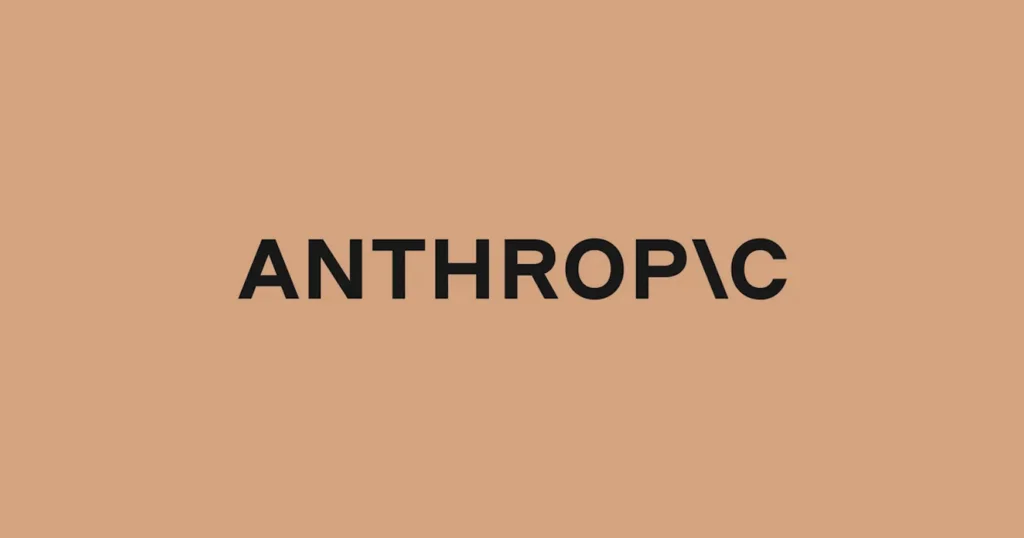
Anthropic CEO Dares to Claim: Are AI Models Now More Honest Than Humans?
In a bold statement that's stirring debate across the tech world, Anthropic CEO Dario Amodei asserts that today's advanced AI models are hallucinating less than humans. Yes, you read that right. Are our digital counterparts now more reliable narrators of reality than ourselves? This claim, made during Anthropic's 'Code with Claude' developer event in San Francisco, challenges long-held perceptions of AI hallucinations and raises pivotal questions about the future of artificial general intelligence (AGI).
Amodei argues that while AI models, like Anthropic's Claude Opus 4, might still conjure up unexpected fabrications, they do so at a lower rate than humans. This assertion sparks interest because AI's 'hallucinations' – the act of generating false or misleading information – have been a persistent hurdle in the quest for reliable AGI.
"It really depends how you measure it, but I suspect that AI models probably hallucinate less than humans, but they hallucinate in more surprising ways," Amodei stated, responding to a TechCrunch question. This statement flies in the face of criticisms from other AI leaders, such as Google DeepMind CEO Demis Hassabis, who believes current AI models still have too many inaccuracies.
However, the accuracy of Amodei's claim is difficult to verify due to a lack of standardized benchmarks comparing AI models directly to human performance. While some techniques, like granting AI access to web search, seem to reduce hallucination rates, recent evidence suggests that advanced reasoning AI models might actually be experiencing *worse* hallucination rates.
The broader implications are profound. If AI models are indeed becoming more factually accurate than humans, it could accelerate their integration into high-stakes fields like law and medicine. Consider the courtroom blunder where a lawyer, relying on Claude, presented fictional citations. These mistakes highlight the risks and demonstrate the need for meticulous oversight.
Despite these promising improvements, Amodei acknowledges a persistent issue: the unwavering confidence with which AI models present untrue information as fact. Anthropic has even conducted research on the capacity of AI models to deceive, a problem particularly evident in early versions of Claude Opus 4.
The implications of this development are significant, especially as OpenAI's acquisition of Jony Ive's company, io, highlights the growing intersection of AI and design. Furthermore, social media platforms like Bluesky are escalating their verification efforts, underscoring the importance of digital authenticity and the fight against impersonation. The world of big tech continues to intertwine, evolve and push the boundaries of what we thought was possible.
So, are AI models on track to becoming more trustworthy sources of information than ourselves? While the debate rages on, Amodei's provocative claim serves as a fascinating glimpse into the near future of artificial intelligence. One filled with complexities, possibilities and the constant pursuit of accuracy.
What do you think? Are you ready to trust an AI over a human? Share your views in the comments below!